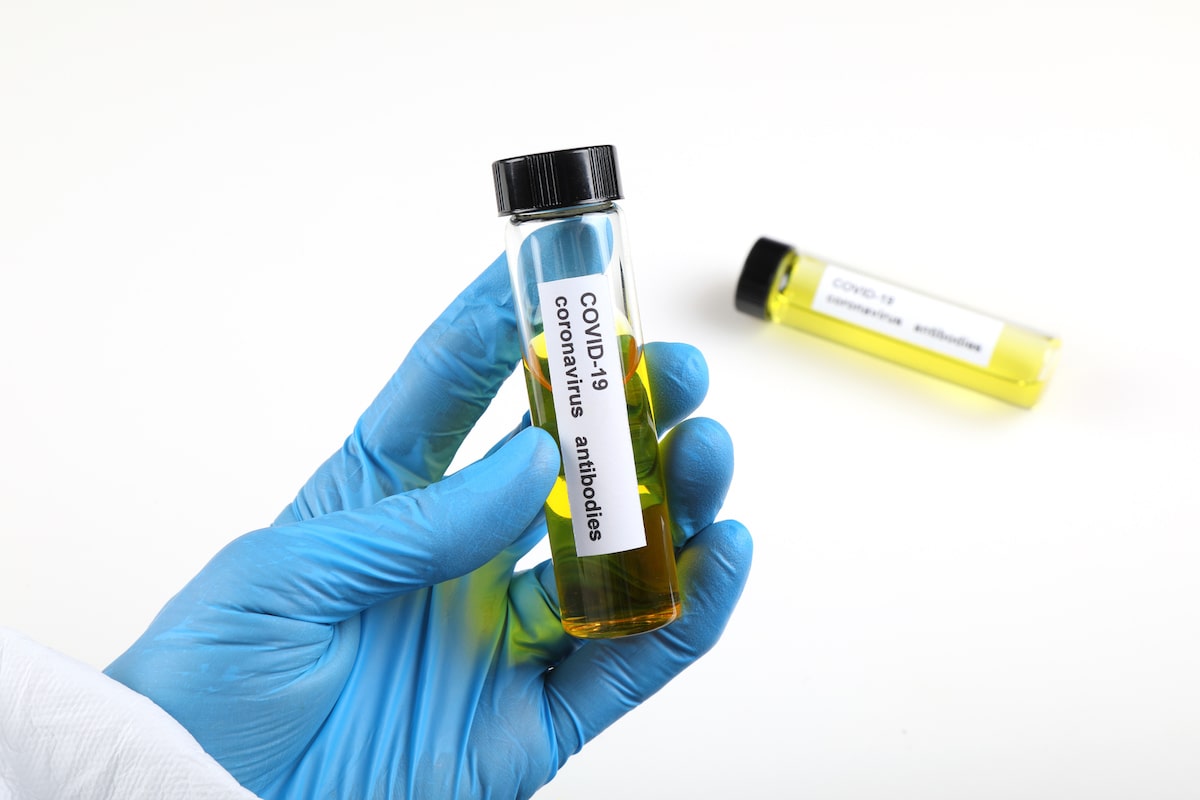All around us, people have been getting sick with COVID-19, some with the same symptoms you remember having last winter. It might make you wonder if you had the virus without knowing it.
The Centers for Disease Control and Prevention (CDC) lists the first documented U.S. case in Washington state on Jan. 20. The first documented community spread, or infection in people with no connection to China — where the virus originated — or an infected person, is a month later. The only way to know if your symptoms were due to COVID-19 is to be tested for antibodies in your bloodstream.
When the body launches an immune response to infection, it produces antibodies that can linger in the bloodstream.
“This is a peace-of-mind kind of thing, which is important,” said Dr. Eric Walsh, medical director of Hartford HealthCare’s Go-Health Urgent Care centers, which offer antibody testing. “This has been a mentally taxing pandemic. Knowing if you had it or didn’t have it is helpful.”
Possible signs you were infected without knowing it include:
- You were very sick in late winter and it wasn’t flu. If you had fever, chills, muscle aches, persistent cough, sore throat or debilitating fatigue and tested negative for the flu, it might have been COVID.
- You lost your sense of smell or taste. According to a study in the Journal of the American Medical Society, almost 65 percent of people with COVID report this symptom.
- People around you were infected. While they showed symptoms, you could have been asymptomatic, carrying the virus with no noticeable symptoms.
- Your toes bothered you. COVID toes have itchy purple or red sores.
- Your child had a weird rash. The CDC now recognizes new rashes – often with fever, stomach pain, vomiting, diarrhea and fatigue – as multisystem inflammatory syndrome in children with COVID-19.
- Your stomach bothered you. Many with the virus have no respiratory symptoms but stomach trouble, usually diarrhea. If you came into contact with an infected person and developed new digestive issues, it might have been the virus.
- You had a stroke. There’s a strong link between COVID-19 and stroke, even in patients under 50. The virus can infect blood vessel linings, which can cause blood clot formation that triggers stroke.
If any of these symptoms describe your experience late last winter as the pandemic erupted around the world, consider having an antibody test to determine if you actually had COVID-19. Test results generally take three to five days.
Knowing if you were infected is not insurance against reinfection, because there’s no way to know how much, if any, immunity results from having antibodies.


